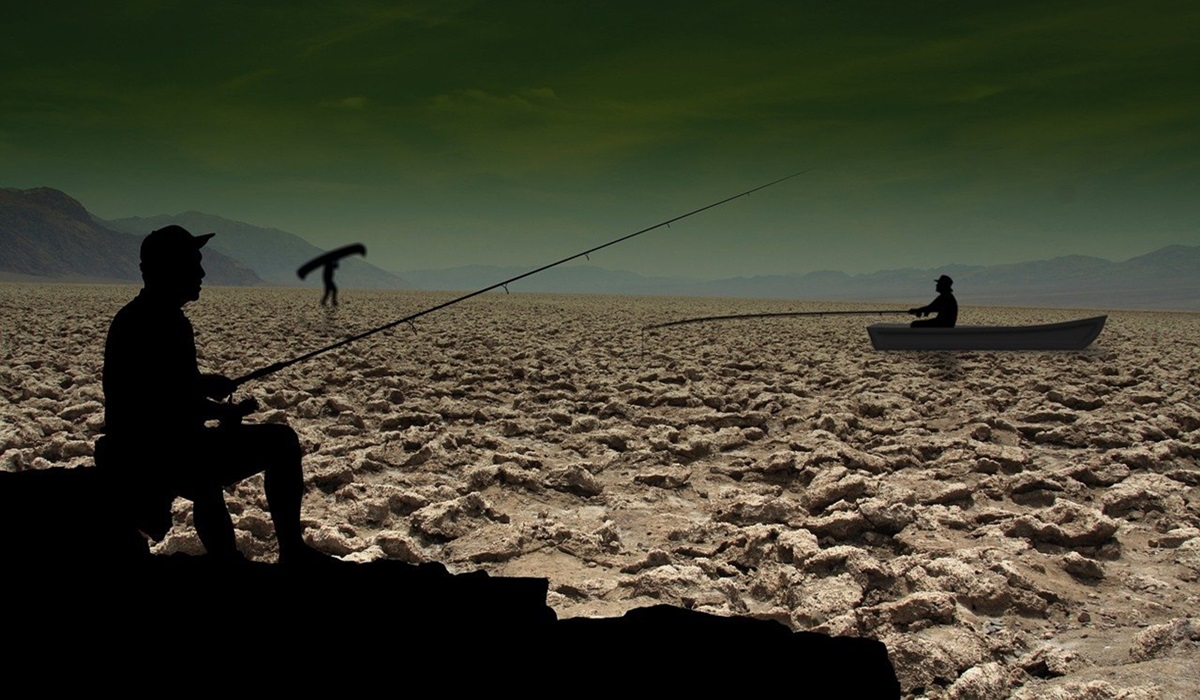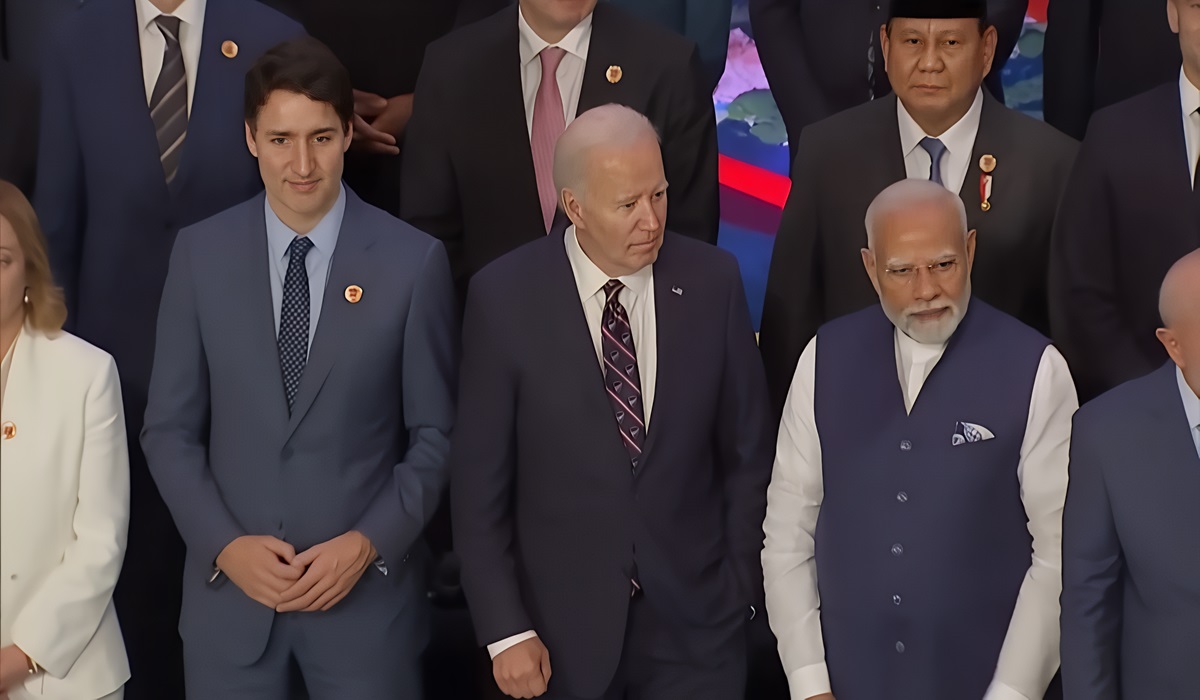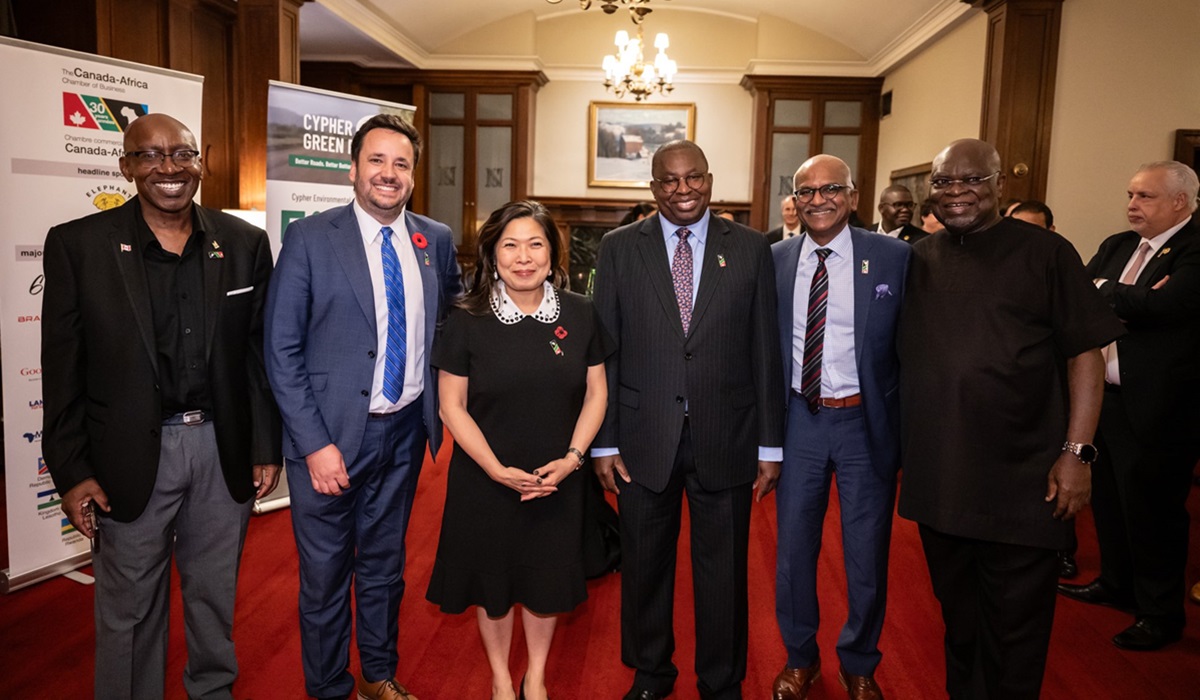2023 JCCA Meetings Propel First Nations’ Role in Federal Climate Policy
- Xuemei Pal
- Canada
- Indigenous
- August 8, 2024

Image Credit, Geralt
The partnership between First Nations and the Canadian government is making strides in addressing climate change, as highlighted in the sixth annual report from the First Nations-Canada Joint Committee on Climate Action (JCCA), released today. The report underscores the collaborative efforts made in 2023 to strengthen relationships and advance First Nations’ leadership in climate action, while also recognizing the ongoing challenges and areas needing further attention.
Since its inception in 2017, the JCCA has played a critical role in shaping federal climate policy and programs with the active participation of First Nations. The 2023 meetings provided a platform for discussing key issues, particularly in a year that saw devastating environmental impacts, including floods and wildfires, disproportionately affecting First Nations communities across the country. The discussions centered on mitigation and adaptation priorities, including the implementation of Canada’s National Adaptation Strategy and the federal government’s adherence to best practices developed by the JCCA.
The report highlights several positive developments, such as the progress made in integrating First Nations’ perspectives into federal climate initiatives and the ongoing efforts to implement the United Nations Declaration on the Rights of Indigenous Peoples Act. However, it also points to the need for further work to ensure First Nations’ full participation in Canada’s clean growth and climate change programs.
In 2024, the JCCA has committed to advancing five key priorities: enhancing First Nations climate leadership, developing specific indicators for reporting on federal climate funding outcomes, strengthening intergenerational and intersectional dialogue, updating the JCCA mandate, and improving transparency and outreach through a dedicated website.
Minister of Environment and Climate Change Steven Guilbeault emphasized the importance of First Nations’ role in climate action, stating, “First Nations are uniquely positioned to lead climate solutions. They have deep cultural and spiritual connections with the land, waters, and ice and the living things that call them home. For the past six years, the JCCA has shown how First Nations can and must be central to the development of effective climate policy.”
AFN Yukon Regional Chief Kluane Adamek echoed this sentiment, noting the importance of the discussions hosted by the JCCA in translating into tangible impacts on the ground. “First Nations, from coast-to-coast-to-coast, are climate leaders, advancing urgent and transformative climate action in their lands and waters,” she said. “We look forward to ensuring that these discussions lead to meaningful change, led by First Nations.”
As Canada continues to face the growing challenges of climate change, the partnership between First Nations and the federal government remains crucial in shaping a more resilient and sustainable future for all.








